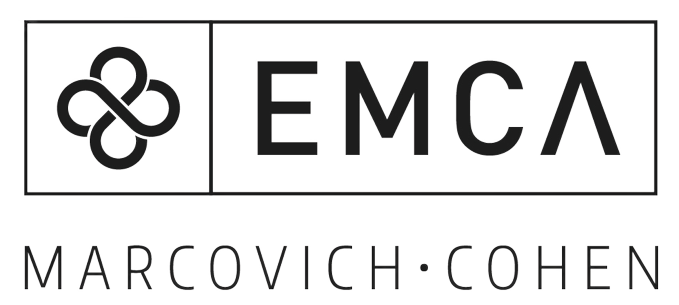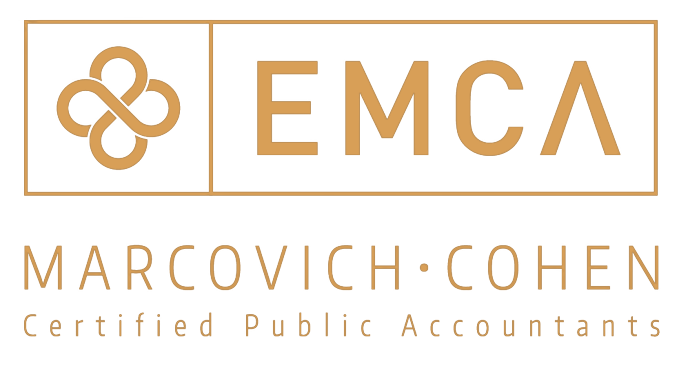There has been much discussion lately regarding the new Child Savings Plan promoted by and funded by the Israeli government. As offered by the Israeli government, the monthly payment of 50 NIS per child can be either deposited into an Israeli interest-bearing savings account in the name of each child, or alternatively into a special separate “Gemel" account operated by various Israeli investment provident funds.
As a result, many US citizens living in Israel started to contact their US tax preparers in order to ascertain exactly how to report these funds, if at all, to the US tax authorities on one’s annual US tax returns.
Unfortunately, most of these accountants, not knowing the exact details regarding this new program, “advised” their clients that these new Gemel savings accounts were problematic since they may be PFIC (Passive Foreign Investment Company) accounts.
What is a PFIC?
Any foreign-based corporation that:
· At least 75% of the corporation’s gross income is “passive income” that is derived from investments rather than from the company’s regular business operations, or
· That at least 50% of the corporation’s assets are investments that produce income in the form of earned interest, dividends or capital gains.
Therefore, in order for one to invest in foreign accounts, such as the new Gemel accounts, it’s imperative that the investments in these accounts not be considered as PFICs.
When reviewing the operations of these new Gemel accounts, we see that they meet the legal terms of a "Separate Account" – a privately managed investment account opened through a brokerage or financial advisor that uses pooled money to buy specific assets. They however are not considered a "Pooled Fund" in which two or more investors pool their funds in an investment account, allowing this group of investors to be treated as a single investor.
According to an article published in the Calcalist newspaper of January, 30, 2017 most Israeli’s have chosen to invest in these new Gemel accounts.
The Calcalist article then reviewed the various investment plans offered by Altschuler Shacham, Meitav Dash and Harel Insurance, for these new Gemel accounts.
Altschuler Shacham:
Plan A Low Risk:
Stocks 15%
Government Bonds 40%
Corporate Bonds 33%
Other 12%
Plan B Medium Risk:
Stocks 35%
Government Bonds 37%
Corporate Bonds 20%
Other 8%
Plan C High Risk:
Stocks 75%
Other 25%
Meitav Dash:
Plan A Low Risk:
Stocks – up to 15%
Government Bonds 50%
Corporate Bonds 31%
Other 4%
Plan B Medium Risk:
Stocks – up to 36%
Government Bonds 36%
Corporate Bonds 35%
Plan C High Risk:
Stocks 81%
Government Bonds 10%
Corporate Bonds 6%
Harel Insurance:
Plan B Medium Risk:
Stocks 34%
Government Bonds 14%
Corporate Bonds 47%
Other 5%
Based upon the various plans offered by these three Israeli provident funds, none of these new Gemel accounts would be considered PFICs for US tax purposes and therefore there would be no need to prepare and file IRS Form 8621 with one’s US tax returns. Please make sure that other Gemel account investments do not meet the PFIC filing requirements.
Any income earned in these accounts should be reported as such on one’s annual US tax returns and any Israeli taxes withheld should also be reported as a foreign tax credit on one's US tax return.
However, if for any reason these investments would be categorized as PFIC, the IRS de minimis exception rules would apply if the aggregate value of all of the PFIC investments owned by the individual (directly or indirectly) on the last day of the taxable year does not exceed $25,000, there would be no need to file Form 8621 for that tax year.
Please note that these accounts may be required to be reported on the child’s FBAR.
For additional information regarding this new Child Savings Plan, please visit the website of the Israeli Ministry of Finance at http://haotzarsheli.mof.gov.il/Documents/english.pdf.
For any additional advice as to US taxation please feel free to contact our office at office@emca-cpa.com.
Eshel, Marcovich, Cohen, Aminov CPAs





